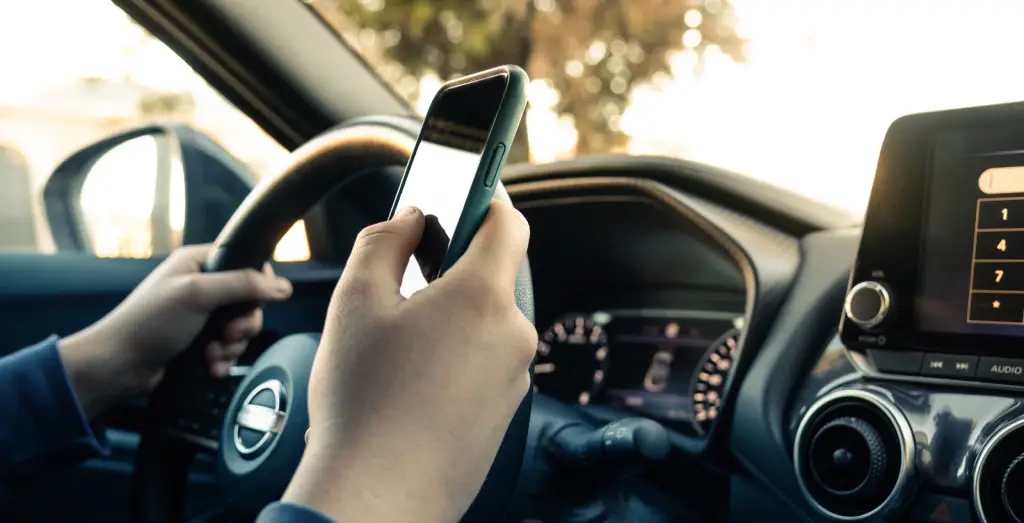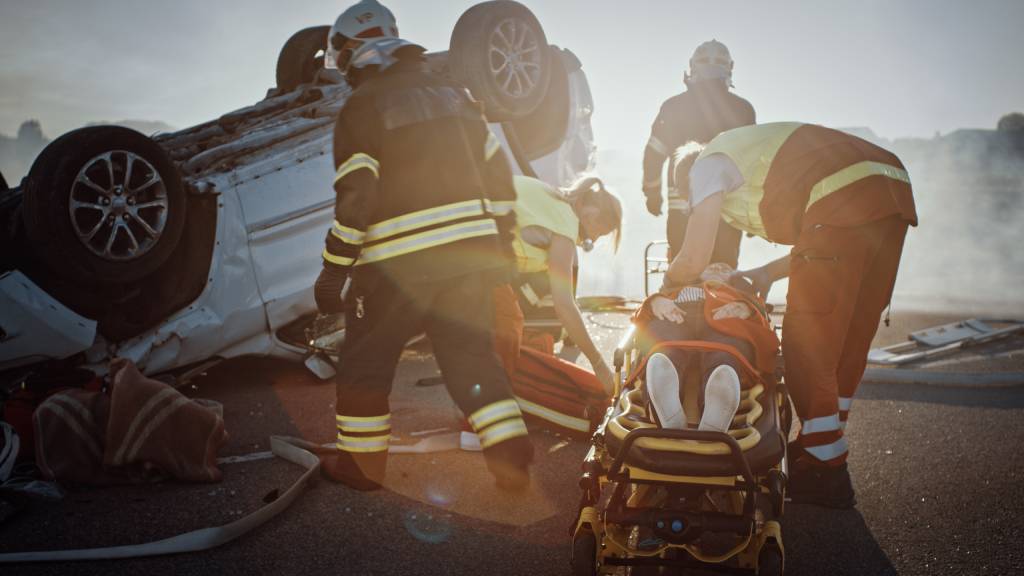The Loss of Enjoyment After an Accident
The legal lingo used during a personal injury lawsuit confuses many people. Even when you know the vernacular meaning of a term, you may not fully understand what that same term means in a legal setting. A personal injury term that often causes confusion is “loss of enjoyment of life.”
What Is Loss Of Enjoyment Of Life?
Loss of enjoyment of life results from physical and/or mental impairments and limitations caused by a personal injury that affect one’s ability to participate in activities that gave the person pleasure before the personal injury occurred. These activities may include quality time with family, recreational activities, hobbies, enjoyable paid work, volunteer work, and other avocations. Catastrophic injuries such as brain damage, paraplegia, quadriplegia, and other spinal cord injuries certainly result in a loss of enjoyment of life. However, other types of injuries may do so as well. An experienced personal injury attorney is in the best position to judge this. The damages due to the loss of enjoyment of life are also sometimes called “hedonic damages.” This legal term is derived from the Greek word, “hedonikos,” which literally means pleasure or pleasurable. The Hedonists were a group of ancient Greek philosophers who emphasized the ultimate and profound value in pursuing pleasure during life.
Specific Examples Of Loss Of Enjoyment Of Life
- Family Bonding: So much of how we bond with our family members is wrapped up in the activities we do with them. A father may derive great pleasure from a game of catch with his son or coaching his daughter’s softball team. A mother may enjoy taking her kids to the park, pushing them on the swing, throwing the frisbee around, and see-sawing with them. A grandparent may get a great deal of joy from taking long walks with his or her grandchildren. If these activities can no longer be pursued due to a personal injury, this constitutes loss of enjoyment of life.
- Deterioration Of Social Life: As humans, most of us are happier when we are socially connected to other people. However, devastating personal injuries often limit our ability to be as social as we were before the personal injury accident occurred. For example, an avid golfer may maintain the majority of his social connections through this activity. If his personal injury prevents him from playing golf, he will be deprived of the rich social life he once had.
- Serious Hobbies That Can No Longer Be Pursued:
A long-time bird watcher who has traveled the world photographing birds and keeping a life list of new birds they see can be prevented from pursuing this hobby by a serious injury. By interviewing friends and family, and presenting other compelling evidence, a personal injury attorney could easily show a significant loss of enjoyment of life for this individual. A similar loss of enjoyment of life could be shown for avid hikers, skiers, scuba divers, spelunkers, joggers, cyclists, rollerbladers, and others who can no longer pursue their personal passions due to a personal injury. - Loss Of Special Holiday of Occasion:
In some instances, loss of enjoyment of life is temporary but still has a profound long-lasting effect. For example, if you are traveling to your destination with your spouse to celebrate your 25th anniversary and you are suddenly struck by a semi-truck changing lanes in an irresponsible way, you may miss your entire silver anniversary celebration! Even if you and your spouse fully recover, this is a significant loss that you can never get back! You can be compensated for loss of enjoyment of life in this instance if you have a personal injury attorney who is highly skilled at presenting this to a jury.
How Are the Damages Calculated?
It is important to point out that there is no formal or precise way to calculate loss of enjoyment of life written in the law. However, there are methods of doing so that have been used in so many personal injury cases, they have been widely accepted by the courts. The first step in calculating the damages due to the loss of enjoyment of life is to place a monetary value on a human life. As you can well imagine, this is highly subjective and certainly no easy task! However, there are reasonable ways to go about it that can give a jury something concrete and quantifiable to work with.
One criteria often used is how much people are willing to pay for safety devices that reduce the risk of death. These devices include items like smoke alarms, seat belts, and air bags. Essentially, the cost of the safety equipment is multiplied by the probability that it will save a human life to determine the value of a human life. Government statistics about the effectiveness of these products and the economy of these safety devices are also often used in these estimates. Once the value of a human life is determined, this value is then multiplied by the percent of loss of enjoyment a person has experienced due to the damages caused by another person, business, or governmental entity. The resulting number is the damages award. Of course, both the monetary value of a human life and the percentage of loss of enjoyment is often hotly contested by the defendant who wants to get away with paying as little as possible. Thus, it becomes the job of the jury (or the judge if a jury trial has been waived) to weigh the evidence presented by both sides and come to their own conclusions. This is why you need a personal injury attorney and expert witnesses who can really connect with the jury.
Another criteria used to calculate the value of a human life is the extra pay people receive when performing hazardous jobs. For example, some police officers are given extra pay when they work in a city where officers are killed in the line of duty more often than average. Hazard pay is also often given to people who are hired by private companies and will be working in or near a war zone. Likewise, workers who work in dangerous conditions, such as those present on an oil rig, are often given extra pay to compensate for the extra risk involved. Economists are hired by personal injury attorneys to calculate the value of a human life based on the amount of extra pay given for the amount of extra risk
A Special Word About California
Because loss of enjoyment of life is considered general non-economic damage sustained from a personal injury, it may be limited by tort reform statutes. These tort reform statutes are different in every state. In California, loss of enjoyment of life is included in the compensation for pain and suffering but it is not calculated as a separate award, as it is in many other states. However, it is still a critical component of many California personal injury cases when a highly skilled personal injury attorney is handling the case. In some cases, loss of enjoyment of life is lumped under the more general category of mental suffering. Still, however, the expert witness testimony needed to prove these damages, and explain to the jury a reasonable way to calculate the monetary award for these damages, is very similar even when they are lumped into a more general category.
Contact The May Firm for a Free Consultation
Loss of enjoyment of life is a serious factor in personal injury lawsuits because it gets at the crux of our will to live and the quality of the life we live! However, loss of enjoyment of life can also be a complicated issue to explain to a jury and it takes a highly skilled and compassionate personal injury attorney to do this effectively. Robert May and the other attorneys at The May Firm are exceptionally skilled in the courtroom. They have a success rate that proves this! If you or your loved one has suffered a personal injury in California, you could not be in better hands. Give them a call today for a free consultation.



